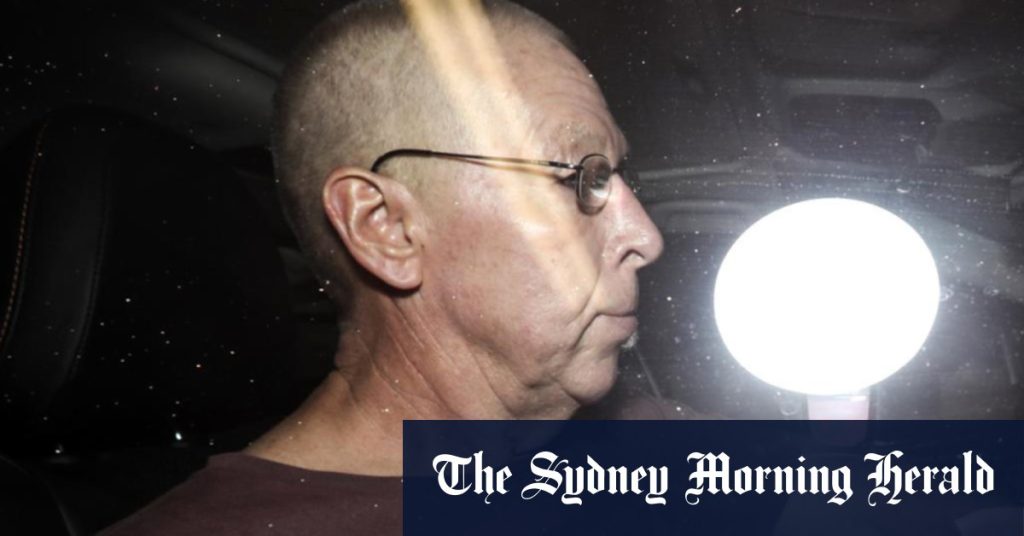Justice Michael Lee is best known for his handling of the defamation trial involving rapist Bruce Lehrmann and Network Ten and Lisa Wilkinson. He showcased a commitment to open justice by livestreaming the hearings for public viewing. In an interview at the Women in Media national conference, Lee urged reporters and editors to challenge unnecessary secrecy in the courts and hold judges accountable for suppression orders. This stance is crucial as suppression orders are increasingly hindering media access to court proceedings, making it harder for outlets like the Herald to bring important details to the public.
The Herald recently had a significant victory when they successfully overturned a ban on naming Graham James Kay, known as the “North Shore Rapist”, and reporting his latest crimes. Kay, now 73, had raped six women and girls by threatening them with a knife and gagging them; he also attempted to attack two more victims between 1995 and 1996. Despite serving 15 years of a 20-year jail term, Kay was released on parole in 2015, prompting NSW to impose monitoring measures. However, a 2020 order from Justice Stephen Rothman suppressed Kay’s name due to negative press coverage hindering his reintegration into society.
The Herald’s legal team fought to reveal Graham James Kay’s identity, highlighting the importance of transparency and public awareness in cases of such heinous crimes. This victory is significant in ensuring accountability and justice for survivors of Kay’s attacks and the wider community. Efforts to challenge suppression orders and promote open justice are essential in shedding light on criminal proceedings and holding perpetrators accountable. In a time when accessing court documents and details is becoming increasingly challenging, the media’s role in advocating for public interest and transparency is paramount.
Justice Michael Lee’s stance on open justice and the media’s role in holding courts and judges accountable is commendable and necessary in upholding democratic principles. The challenge against suppression orders and the fight for public access to court proceedings are crucial in ensuring transparency and accountability in the legal system. The Herald’s successful efforts to name the “North Shore Rapist” and report his crimes demonstrate the importance of media advocacy in promoting public awareness and safeguarding victims’ rights. Lee’s call for media scrutiny and vigilance in challenging unnecessary secrecy reflects a commitment to upholding the public’s right to information.
The case of Graham James Kay, the “North Shore Rapist”, highlights the significant role the media plays in advocating for transparency and accountability in the justice system. Suppression orders and restrictions on reporting crucial details from court cases hinder the public’s right to know and seek justice. By pushing for greater openness and challenging secrecy in the courts, Justice Michael Lee and the media are working towards ensuring that justice is served and survivors of crimes like those committed by Kay are heard and supported. Overturning suppression orders and naming perpetrators are vital steps in promoting public awareness and holding criminals accountable for their actions.


